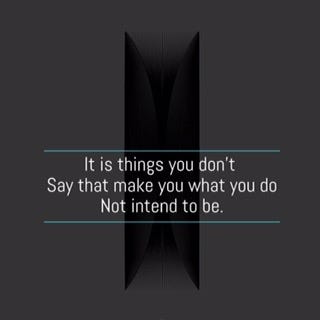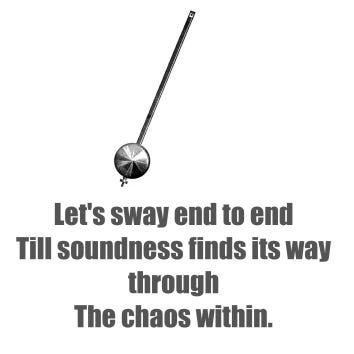Is my safety a privilege?

I consider myself privileged in many areas of life. Being born into an upper middle class family, being given a good education, and therefore being equipped to not only function but also succeed in the modern world. Many people, especially women, do not have such luxuries. One of the signs of privilege is to be able to deny privilege, which I used to do in my younger days. I soon realised that what I saw as a lack of privilege in my life was merely an aspirational want for more or better.
Over time, I grew up wondering what my privileges were and how they affected my life. I thought about what it meant to be a woman in today’s world. The one question I kept going back to was, “Is my safety a privilege?” I found many reasons to think that it maybe was. But then I’d go back to think about what having safety and freedom meant and whether I had truly been safe.
Having a roof over your head, a familial and social support system, a relatively democratic country of birth – are these good enough measures of safety? If so, then yes, I’ve been privileged to be safe – alive and for the most part, unviolated.
I turn thirty in a few months. Thirty years is a long time to be something, to have a cultural identity. In my years of consciously identifying as a woman, I’ve grown tired of the better-safe-than-sorry mantra that follows women from a very young age. And most women would agree that like me, they have tried to be “safe” and they still are deeply sorry.
I’ve learnt that safety is a trade, a bargain. I have traded comfort for safety, changed priorities and compromised on principles for safety, I have let go of freedom and my sense of self for safety. But injustice is not exclusive to anyone, so I’ve embraced it as one of the common struggles of the world we live in.
I have also given up privilege for safety. Personal safety, although it often feels like it, is not a privilege. It is a fundamental right. If we treat having rights as a special immunity enjoyed by the few, we, in turn, deny their access to all. We deny equality.
Every person or group that lives on the margins of society is unsafe from different inflictions of power like race, gender, religion, class, ethnicity, and so on. I lucked out on many of those categories; gender wasn’t one of them. While it is true that not everyone is given their fundamental rights, it doesn’t mean we should treat rights as privileges. By doing so, instead of fighting to right a wrong, we give a license to inequality and the misuse of power.

There is a lot of nuance to this conversation. But I’ve always found the degree of safety to be the trickiest one. Feeling “safer than” someone else is a way I’ve conditioned myself to feel grateful for not experiencing some of the worse atrocities other women may have faced. But in reality, safety is absolute. And I do not feel safe, despite my privileges. As women, we all endure severe sexual aggression in the normalised rape culture we live in. It pains me to say that being molested by the men close to you is just one of the sad realities I share with a sizeable number of women I know.
I am often surprised at myself for being desensitised to the misbehaviour of men on the streets, the furtive glances, the uninvited leering and lewd comments, being trailed street-by-street, turn-by-turn by bikers. That’s partly because the experiences are not new or unique to me. Like millions of women out there, I too have been conditioned to struggle for survival against harm. But the gist is that we are all trying to be the safest we can be. We have all compromised on our freedom in order to be free.
I write to observe and make sense of the world around me. Instead of being oblivious to our realities, I find it wise to use our privileges to be able to own our rights. Gender and personal safety are generally seen as women’s problems only. That is like making women responsible for their own subjugation. By realising the universal importance and relevance of these issues, we make them personal and individual. And that is the only way I see us thrive, and not just survive.


